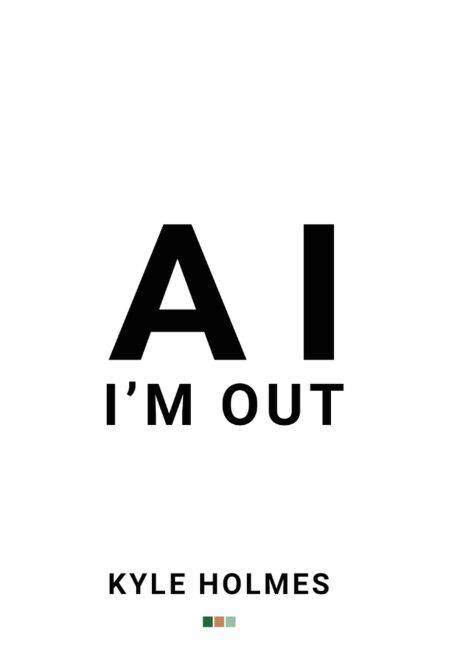
- Retrait gratuit dans votre magasin Club
- 7.000.000 titres dans notre catalogue
- Payer en toute sécurité
- Toujours un magasin près de chez vous
- Retrait gratuit dans votre magasin Club
- 7.000.0000 titres dans notre catalogue
- Payer en toute sécurité
- Toujours un magasin près de chez vous
Description
This dynamic relationship between human cognition and AI usage reveals a deeper truth: while AI is a powerful tool, it should complement our abilities, not overshadow or replace them. When we fully grasp the processes behind our actions, our confidence becomes intrinsic and rooted in understanding. However, when we delegate tasks to AI without comprehension, we risk creating a fragile dependency, where our sense of agency is diminished and the outcome feels detached from our own effort.
Over time, this can erode the essential interplay between effort and reward—a balance that our biological systems are wired to maintain. It's this balance that keeps us motivated, adaptive, and resilient in the face of challenges. AI, no matter how advanced, lacks the intuitive and emotional depth of human reasoning. It doesn't learn from failure in the visceral way we do, nor does it celebrate success with the same richness of feeling.
Therefore, the long-term integration of AI into our lives should emphasize augmentation rather than substitution. By using AI to enhance areas where we're already proficient, we create a symbiotic relationship—AI handles efficiency, while we retain mastery and control. This approach allows us to focus on the aspects of work and creativity that demand human intuition, empathy, and decision-making.
In this sense, the future of AI is not about surrendering to its capabilities but about elevating our own potential through mindful collaboration. It's about understanding that while technology can amplify our productivity, it is our uniquely human qualities—our ability to reflect, adapt, and innovate—that define true progress.
Spécifications
Parties prenantes
- Auteur(s) :
- Editeur:
Contenu
- Langue:
- Anglais
- Collection :
Caractéristiques
- EAN:
- 9798230387510
- Date de parution :
- 17-01-25
- Format:
- Ebook
- Protection digitale:
- /
- Format numérique:
- ePub

Les avis
Nous publions uniquement les avis qui respectent les conditions requises. Consultez nos conditions pour les avis.






